fertilizing indoor seedlings ?
mandolls
13 years ago
Related Stories
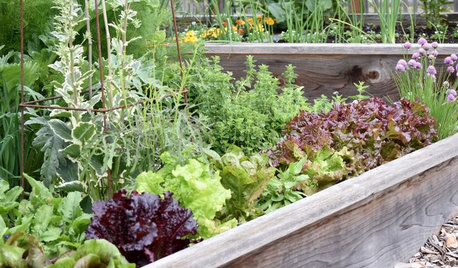
GARDENING GUIDESSeeds or Seedlings? How to Get Your Garden Started
Growing delicious herbs and vegetables starts with knowing your goals and when you want to plant
Full Story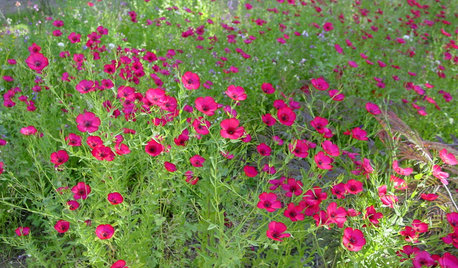
GARDENING GUIDESSouthwest Gardener's August Checklist
Manage monsoon effects, remember to fertilize and don't let the heat deter you from planting for fall
Full Story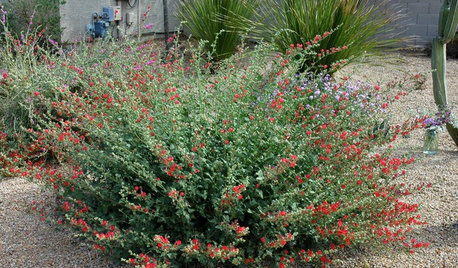
GARDENING GUIDESSouthwest Gardener's February Checklist
Orange you glad for a citrus-fertilizing reminder? And don't forget the recommended doses of vegetable seeds and cold-hardy flowers
Full Story
HOUSEPLANTS8 Essentials for Healthy Indoor Plants
Houseplants add so much to our homes — and can thrive when grown in the right conditions. Keep these tips in mind
Full Story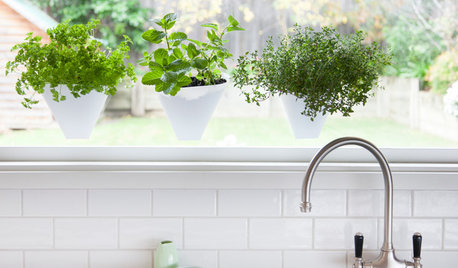
HERBSHow to Grow Herbs Indoors
Have a sunny window? Enjoy the flavor of fresh herbs year-round by growing them in the house
Full Story
GARDENING GUIDESCommon Myths That May Be Hurting Your Garden
Discover the truth about fertilizer, soil, staking and more to keep your plants healthy and happy
Full Story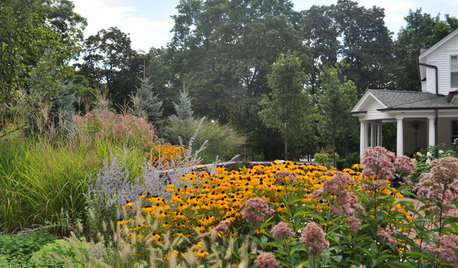
GARDENING GUIDESPacific Northwest Gardener: What to Do in September
Put in cool-weather veggies, fertilize your lawn and tidy the garden this month before chilly weather arrives
Full Story
FERNSThe Indoor Gardener: Reconsider Fabulous Ferns
Delicate to exuberant, ferns come in all manner of styles and add bursts of freshness to your interior decorating
Full Story
EDIBLE GARDENSSummer Crops: How to Grow Tomatoes
Plant tomato seedlings in spring for one of the best tastes of summer, fresh from your backyard
Full Story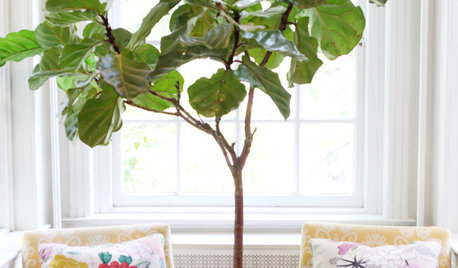
HOUSEPLANTSPlay Up Some Fiddleleaf Figs for a Lively Indoor Tune
Strike a dramatic chord in a minimalist scene or a country note in a rustic setting — fiddleleaf fig plants harmonize with any style
Full StoryMore Discussions







Dan _Staley (5b Sunset 2B AHS 7)
dchall_san_antonio
Related Professionals
Allentown Landscape Architects & Landscape Designers · Otsego Landscape Architects & Landscape Designers · Garden City Landscape Architects & Landscape Designers · Bedford Landscape Contractors · Haverhill Landscape Contractors · Hurricane Landscape Contractors · New Cassel Landscape Contractors · Raleigh Landscape Contractors · Santa Ana Landscape Contractors · St. Louis Landscape Contractors · La Puente Outdoor Lighting & Audio Visual Systems · Fairfax Decks, Patios & Outdoor Enclosures · Kansas City Decks, Patios & Outdoor Enclosures · Philadelphia Decks, Patios & Outdoor Enclosures · South Miami Heights Decks, Patios & Outdoor Enclosuresgjcore
joel_bc
taoseeker
joel_bc
Dan _Staley (5b Sunset 2B AHS 7)
annpat
jolj
mandollsOriginal Author
annpat
tapla (mid-Michigan, USDA z5b-6a)
mandollsOriginal Author
tapla (mid-Michigan, USDA z5b-6a)
gjcore
annpat
end3